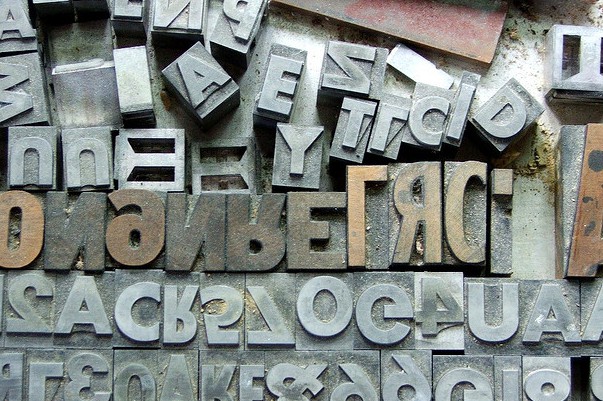Freedom of speech and freedom of the press are not rights guaranteed to Burmese citizens.
Only recently did the Burmese government relax its harsh censorship laws that required all authors and journalists to submit their work to government censors for review before publishing. Teams of paranoid censors would inspect all material prior to hitting the press, looking for hidden political messages or government criticism.
In August of 2012, Burma’s civilian government abolished that policy, a major step for a country trying to move toward democracy. Late last month, the government announced it would allow private newspapers to publish on a daily basis, a privilege previously granted to only state-controlled papers.
But just this week, the government pulled the license of a monthly magazine that features scantily-clad women and articles discussing sex. “Hnyo,” which labels itself a fashion magazine, was ordered to stop publication by the Ministry of Information, the government body that controls what can and can’t be printed. The Ministry accused the publisher of breaching its license as a fashion magazine by printing “sex-related articles and photos that are not appropriate for Myanmar’s culture.”
The editor, Ko Oo Swe, responded by saying the magazine furthers sex education, and is far less risqué than the other publications like FHM or Playboy. Ko Oo Swe plans to appeal the government’s decision, and hopes to broaden the magazine’s scope of content by filing for a new license as a health publication and including articles on sex education, HIV prevention, prostitution and violence against women.
For a country claiming to open the flow of information and work toward liberalization, this appears to be a step backward.
While restrictions have relaxed, they haven’t disappeared. Laws enacted from the military coup in 1962 remain on the books — laws which critics say are open to interpretation. These include edicts that prohibit journalists from writing on sensitive topics which “could threaten peace and stability, oppose the constitution or insult ethnic groups” – sensitive topics that apparently include bedroom tips and featuring sexy images. The Electronic Transactions Law, for instance, carries a prison sentence of up to 15 years for distributing information in digital form that is deemed “detrimental to the interest of or that lowers the dignity of any organization or any person.”
What’s a Burmese journalist to do? What’s called “self-censorship.” It’s writing with caution, especially in regards to sensitive topics. Long prison sentences are associated with libel or disseminating information related to the security of the state. Editors will face more responsibilities – and likely greater consequences – if they happen to publish inappropriate or controversial material.
So while journalists now can write and publish freely, a culture of self-censorship will surround Burma’s fourth estate.
Billionaire Philanthropist George Soros Visits Burma
Meanwhile, Hungarian-born billionaire and philanthropist George Soros made a trip to Burma last week, visiting locations where his foundation has made donations and meeting with activists and ethnic rights leaders.
Soros was reportedly in the country to learn how his annual aid donations can better help the country transition to democracy. Soros founded the Open Society Institute, a foundation that helps establish democracy and promote human rights and freedom in over 70 countries. OSI donates about $2 million USD a year to promote democracy in Burma.
Flickr photo courtesy of Creativity+ Timothy K Hamilton


{ 0 comments… add one now }